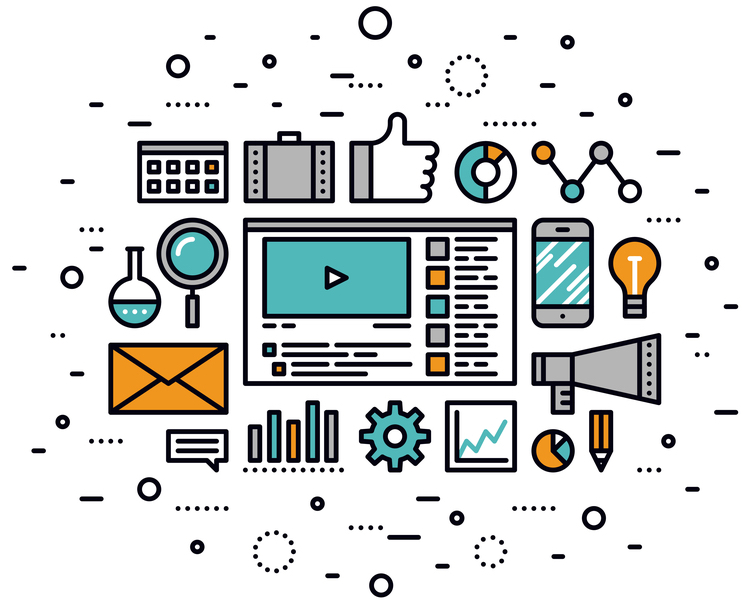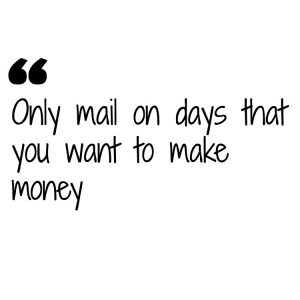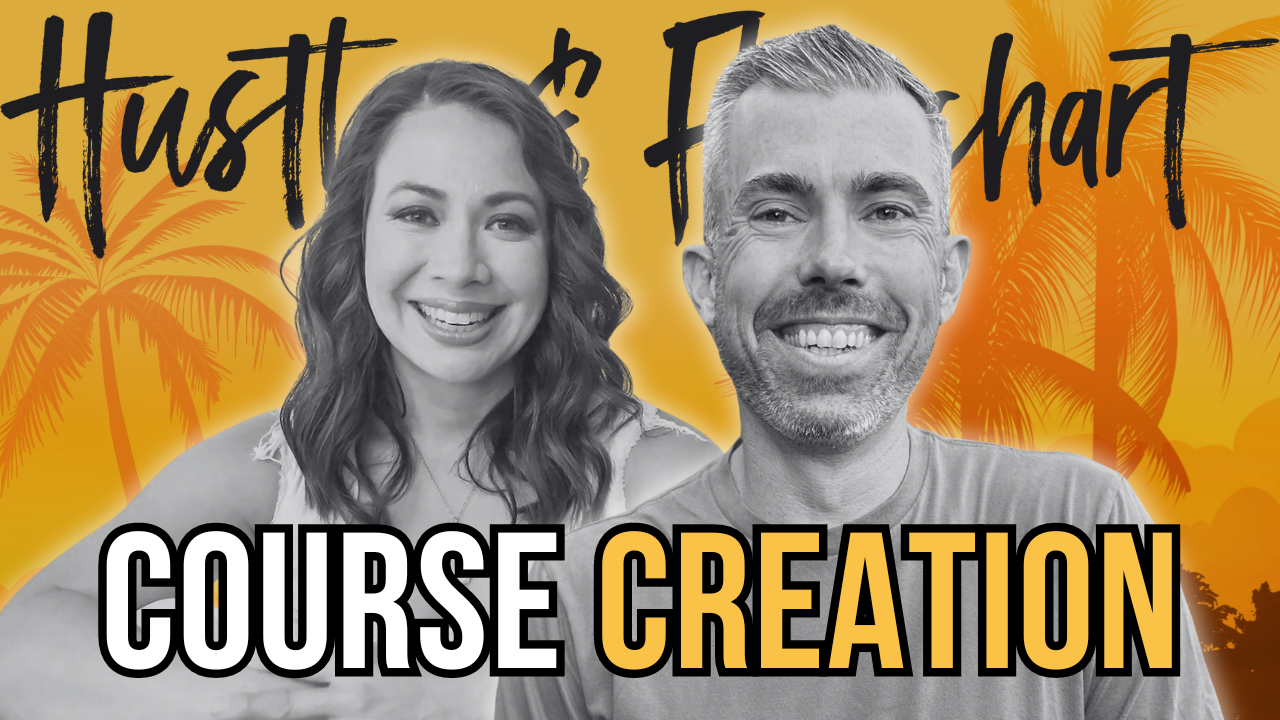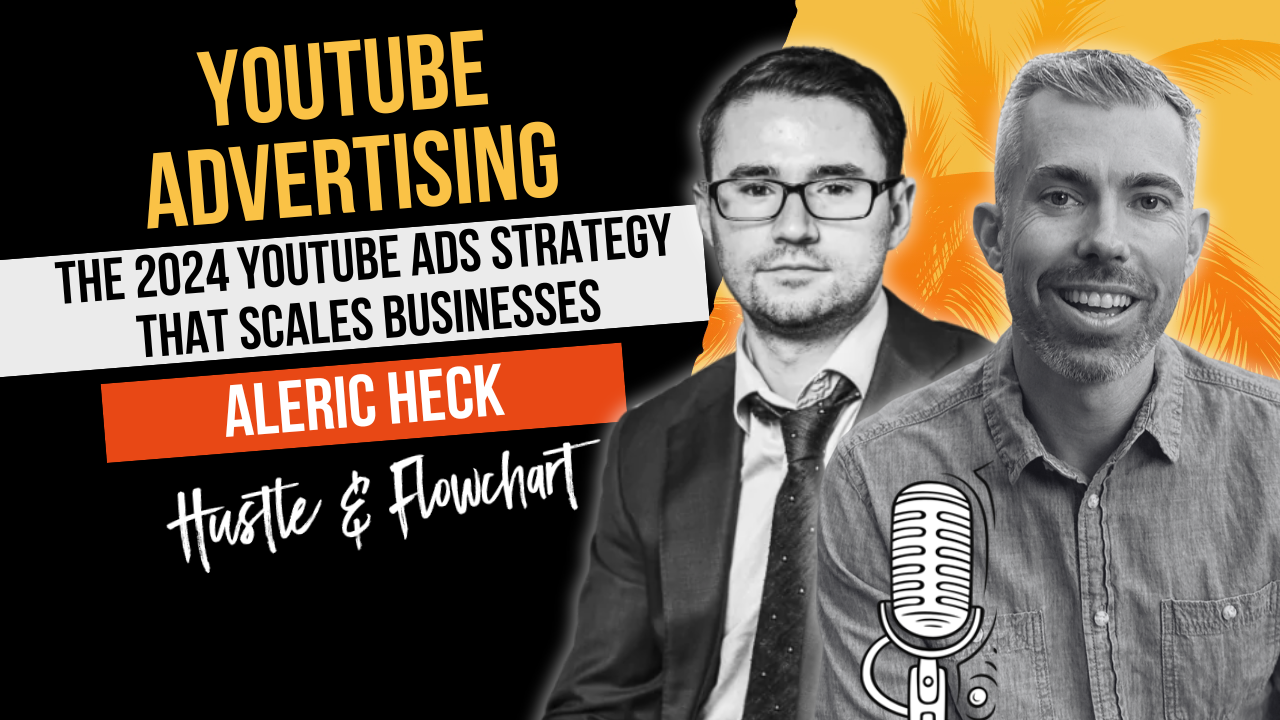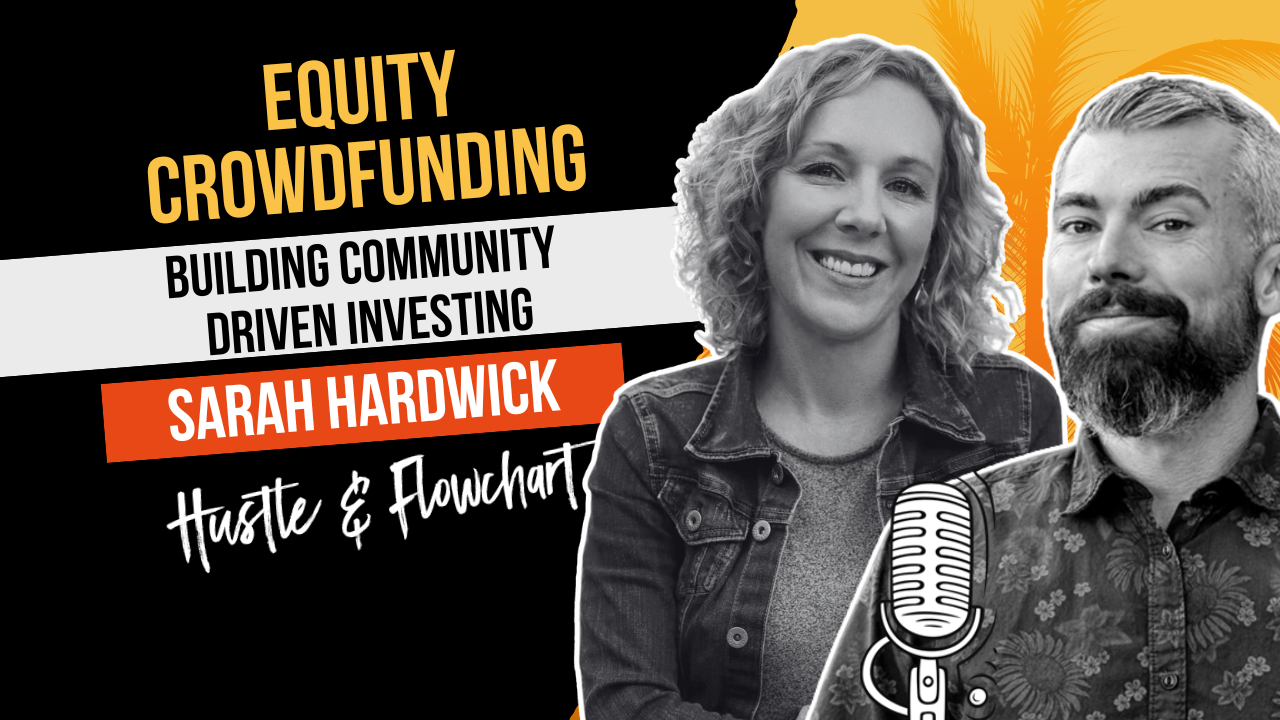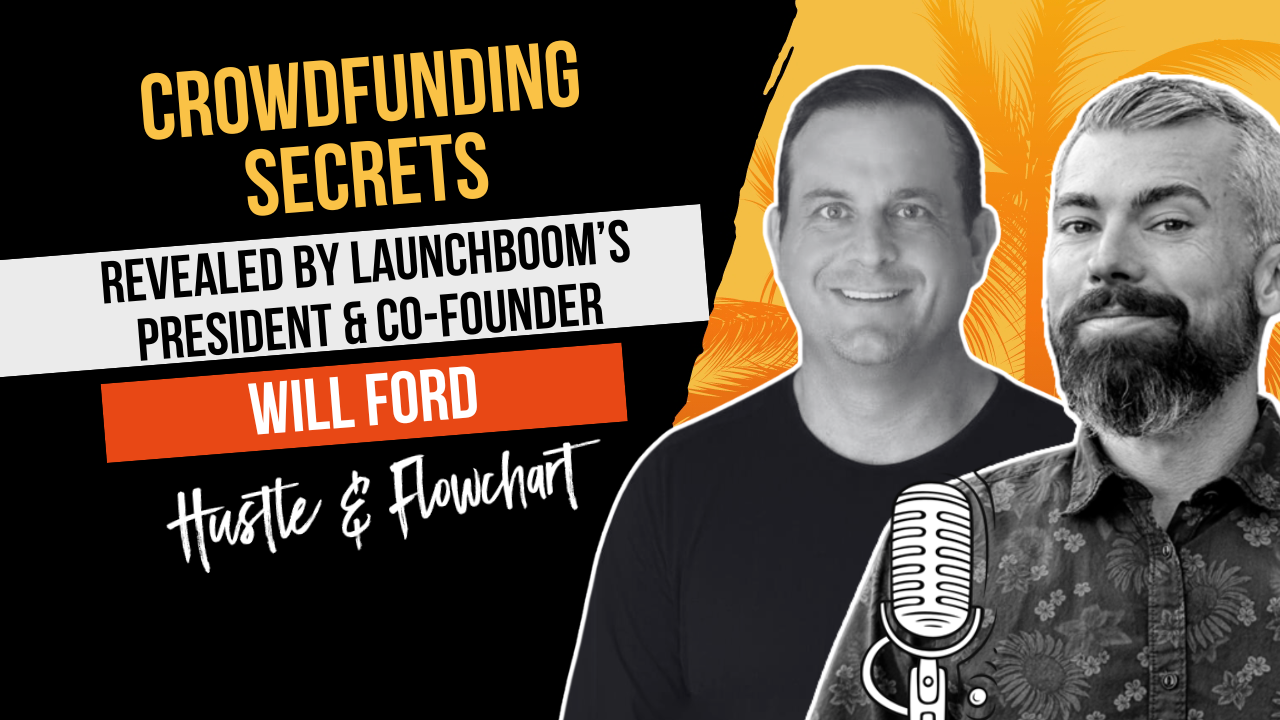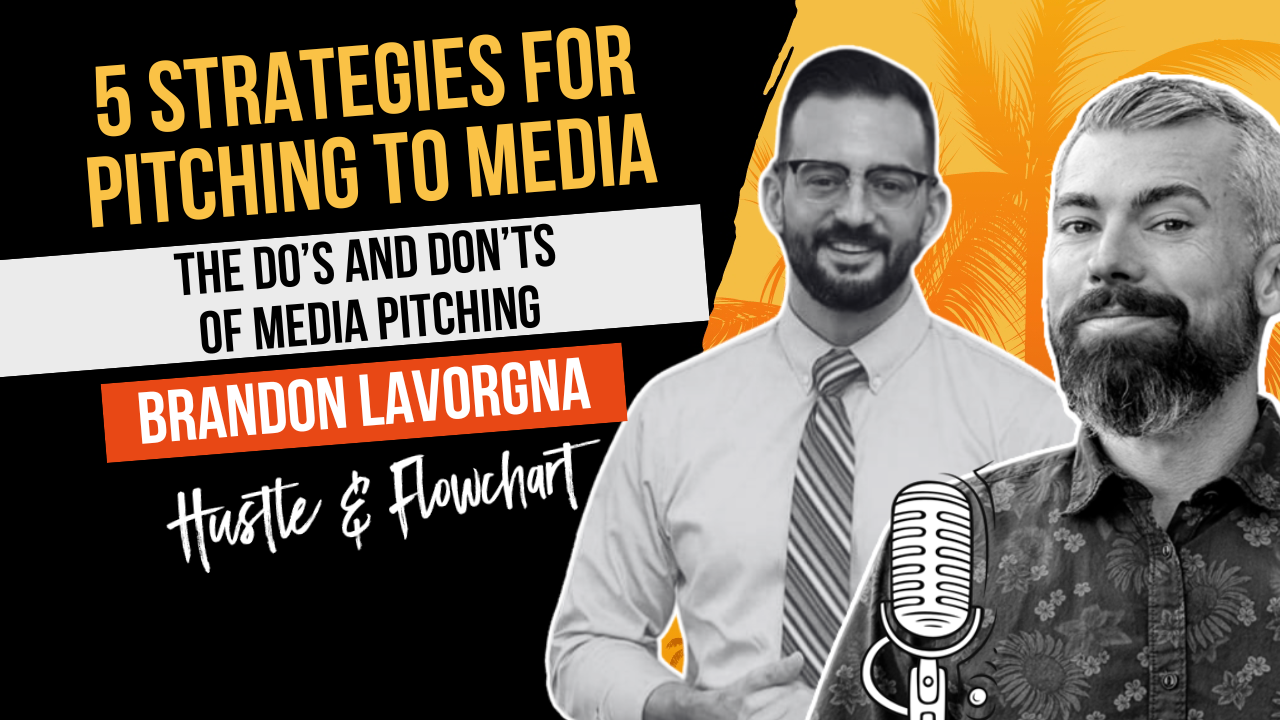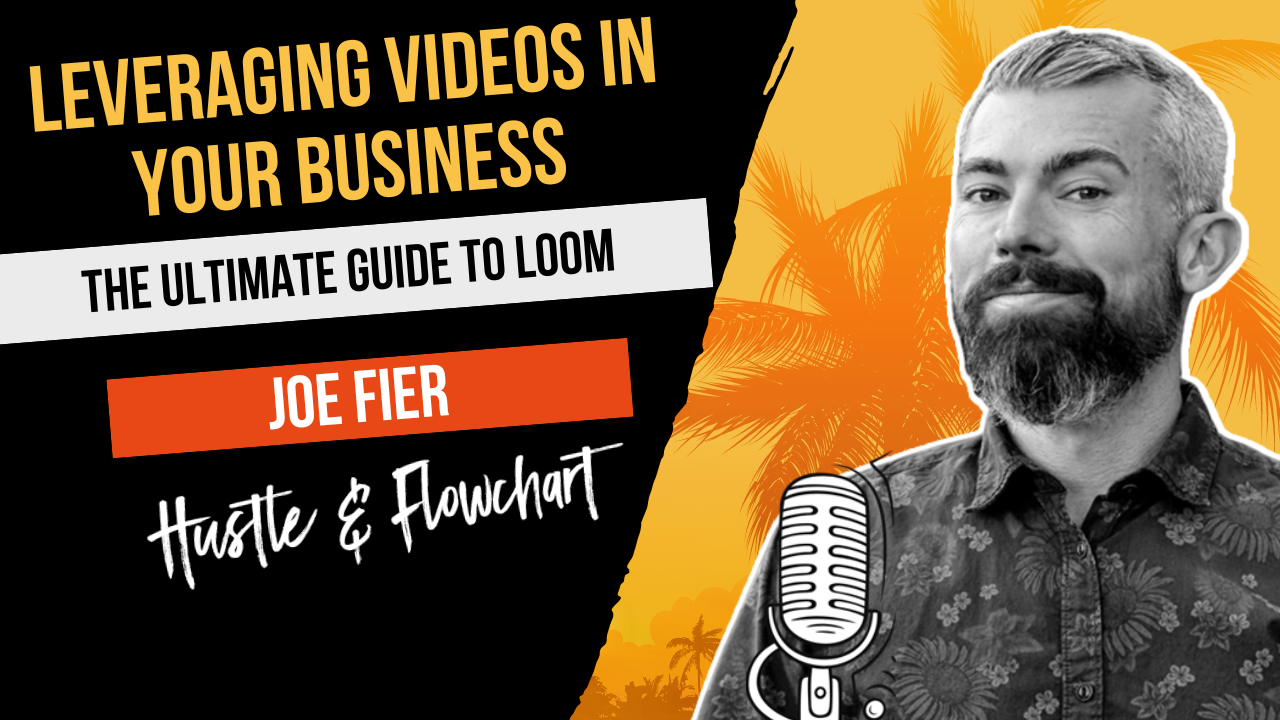One of the many highly debated topics within the marketing industry is email frequency.
So how often should you realistically email your list of subscribers if you're interested in making money while avoiding coming off as spammy?
There are a ton of marketers out there that will try to tell you not to mail your list too often. Some people will tell you to balance it between 75% content and 25% pitch or some other random variation.
The truth is, no one is going to be able to accurately tell you what’s going to work with your audience, niche, and industry.
Your voice is different, your writing style is different, what you have to offer is different, and there are a ton of other variables that make “one-size-fits-all advice” for email pretty irrelevant.
However, we’ve managed to collect advice from some of the most talented, well-respected, and consistently successful email marketers.
We also have a ton of data on what’s worked for us in our business. So, while there are no one-size-fits-all answers, there’s just a lot of data on what’s worked well for a lot of different people in a lot of different industries.
We’ll lay out that info and you can pick and choose things to test for yourself.
Table of Contents
ToggleGrowing your list and email frequency mistakes to avoid
When I asked this question to one of my mentors, Travis Sago, his response was “only mail on days that you want to make money.” For us, that’s every day, but your business could be different. 😉
I also had the opportunity to chat with Ben Settle, creator of the Email Players Newsletter. His response to the question was “Well I think everybody, as a general rule, should be emailing daily unless you just hate writing emails, and it's painful for you, and you're going to write crap.”
In short, he went on to say that, if you mail daily, you’ll make more money off your list than if you mail less often.
As marketers, we spend a lot of time and money creating things to offer in order to grow our list.
We spend time and money driving traffic and building that list. We pay monthly fees to have a company store that email list for us.
But then we don’t seem to want to actually mail that list.
We think that people will get annoyed by us or that they don’t want to hear from us. Which is why we understand the concern around email frequency and where the fine line is drawn between desired communication and being overbearing.
From our own tests, we’ve found that to be the furthest thing from the truth. In fact, when we go a couple weeks between mailing our lists, we find that people complain or unsubscribe or mark us as spam or whatever.
It's because they forget who we are and if they signed up for our list in the first place!
However, when we’re consistently mailing daily, we NEVER seem to get complaints. The people who don’t want to hear from us filter themselves out pretty quickly and we’re left with just the people that enjoy receiving our emails.
All of this has been a long explanation to say that, if you don’t know how often to mail, start emailing every day. At the very least, test every weekday.
I think you’ll find that people that don’t want to hear from you will unsubscribe pretty damn quickly and you’ll be left with a more engaged and more responsive list.
Your opinions on email frequency are losing you money, here's how to fix that
We’ve spent a lot of time in discussing list building strategies and while there are plenty more we can discuss on the topic, it’s fairly pointless to focus on list building if you’re not going to bother to market to your list.
In fact, I’d like to share a little transcript and analogy from Travis Sago that will really drive this point home when it comes to email frequency…
Matt: When it comes to actual list building, you brought up a concept that I thought was really interesting, the bucket concept. Do you want to speak into that for just a second?
Travis: Yeah, absolutely. I have a mastermind. I do business consulting and coaching. A lot of times what people think is the problem is that they don't have enough traffic. They need to be able to build a list. Very often, I'll work with somebody for six months or more before we ever buy any new traffic, but I call it working on the bucket. The traffic is the water, but it makes no sense to go run after more and more water to put in a bucket that has lots of holes in it.
Typically what we do in the first three to six months is we just plug holes in the bucket.
They are holes that typically they don't see, they didn't realize, or a different shift in perspective, but by the time we're done, they're making so much.
Their perspective then switches to “I didn't know there was this much money locked up in my list, in my database, in my Facebook. I just had no idea.”
Then it becomes a no-brainer to go out because it's almost like you can't go wrong now. You can go to all these different water sources, and as long as your bucket is holding water, almost all of the traffic works.
That's the big breakthrough.
For example, one of my clients couldn't afford any of the advertising when we started, but now he can go out and buy a three or four thousand dollar solo ad and make his money back or at least breaks even in the first three or four days after the email is sent.
It's the bucket and water thing that I really try to point out to folks.
Matt: It's kind of like once you've got that bucket and those holes plugged, that's when you know your numbers. You know I can put one dollar in and get $1.25 out kind of thing. Once you know those numbers it doesn't matter how much traffic you put into it, it's going to work for you.
Travis: Yeah, and I really take it to the extreme, Matt. I call it infinite ROI, which you never really hit a point of infinite ROI, but what I've done in a lot of my businesses like it almost doesn't matter what the traffic costs, because there's so many ways to monetize not only in just product sales but in referrals and taking your email list, and now you've got a power to, if you put up a YouTube video, to send all those people to that, get your YouTube video a higher ranking or your Facebook page a lot of likes, or your podcast a lot of views, or your Amazon book. I was talking to somebody that helps publishers launch #1 selling books. She said right now the landscape is changing in the publishing world. If you have an email list and you have an audience of people that will like and follow you, that's a big help to get an old traditional publisher to publish you.
We hit that point where it's called infinite ROI in all these different facets that people don't realize they have with the power of their audience, not only in making money in sales but in all kinds of other ways.
It just comes to this point where, yeah, you want to do a little bit of optimization or what have you, but it's a no-brainer to go out and do that stuff.
So the whole point that Travis was trying to make there, just to paraphrase, is that a lot of people are focused on trying to drive a ton of traffic to build a list but, if the marketing isn’t in place, and their email frequency doesn't make sense, you’re spending a lot of time and money to build an asset that will probably fail when you need it.
Email frequency resources:
- LeadPages Vs. Clickfunnels – In-Depth and unbiased review of the software you can use to build your list
- 7 Outside The Box Ways To Grow A List Really Fast
- How To Build A Large And Engaged List
- Clickfunnels – Page Builder We Use
- Optin Monster – Optin Form Tool We Use


